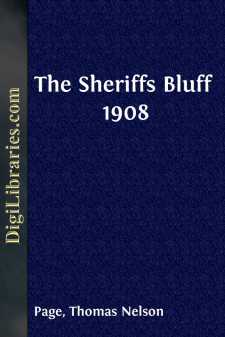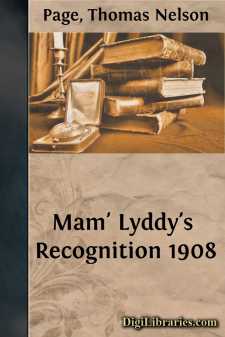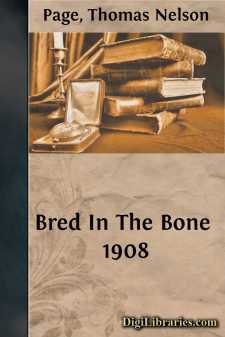Categories
- Antiques & Collectibles 13
- Architecture 36
- Art 48
- Bibles 22
- Biography & Autobiography 813
- Body, Mind & Spirit 142
- Business & Economics 28
- Children's Books 15
- Children's Fiction 12
- Computers 4
- Cooking 94
- Crafts & Hobbies 4
- Drama 346
- Education 46
- Family & Relationships 57
- Fiction 11828
- Games 19
- Gardening 17
- Health & Fitness 34
- History 1377
- House & Home 1
- Humor 147
- Juvenile Fiction 1873
- Juvenile Nonfiction 202
- Language Arts & Disciplines 88
- Law 16
- Literary Collections 686
- Literary Criticism 179
- Mathematics 13
- Medical 41
- Music 40
- Nature 179
- Non-Classifiable 1768
- Performing Arts 7
- Periodicals 1453
- Philosophy 64
- Photography 2
- Poetry 896
- Political Science 203
- Psychology 42
- Reference 154
- Religion 513
- Science 126
- Self-Help 84
- Social Science 81
- Sports & Recreation 34
- Study Aids 3
- Technology & Engineering 59
- Transportation 23
- Travel 463
- True Crime 29
Santa Claus's Partner
Categories:
Description:
Excerpt
Berryman Livingstone was a successful man, a very successful man, and as he sat in his cushioned chair in his inner private office (in the best office-building in the city) on a particularly snowy evening in December, he looked it every inch. It spoke in every line of his clean-cut, self-contained face, with its straight, thin nose, closely drawn mouth, strong chin and clear gray eyes; in every movement of his erect, trim, well-groomed figure; in every detail of his faultless attire; in every tone of his assured, assertive, incisive speech. As some one said of him, he always looked as if he had just been ironed.
He used to be spoken of as "a man of parts;" now he was spoken of as "a man of wealth—a capitalist."
Not that he was as successful as he intended to be; but the way was all clear and shining before him now. It was now simply a matter of time. He could no more help going on to further heights of success than his "gilt-edged" securities, stored in thick parcels in his safe-deposit boxes, could help bearing interest.
He contemplated the situation this snowy evening with a deep serenity that brought a transient gleam of light to his somewhat cold face.
He knew he was successful by the silent envy with which his acquaintances regarded him; by the respect with which he was treated and his opinion was received at the different Boards, of which he was now an influential member, by men who fifteen years ago hardly knew of his existence. He knew it by the numbers of invitations to the most fashionable houses which crowded his library table; by the familiar and jovial air with which presidents and magnates of big corporations, who could on a moment's notice change from warmth—temperate warmth—to ice, greeted him; and by the cajoling speeches with which fashionable mammas with unmarried daughters of a certain or uncertain age rallied him about his big, empty house on a fashionable street, and his handsome dinners, where only one thing was wanting—the thing they had in mind.
Berryman Livingstone had, however, much better proof of success than the mere plaudits of the world. Many men had these who had no real foundation for their display. For instance, "Meteor" Broome the broker, had just taken the big house on the corner above him, and had filled his stable with high-stepping, high-priced horses—much talked of in the public prints—and his wife wore jewels as handsome as Mrs. Parke-Rhode's who owned the house and twenty more like it. Colonel Keightly was one of the largest dealers on 'Change this year and was advertised in all the papers as having made a cool million and a half in a single venture out West. Van Diver was always spoken of as the "Grain King," "Mining King," or some other kind of Royalty, because of his infallible success, and Midan touch.
But though these and many more like them were said to have made in a year or two more than Livingstone with all his pains had been able to accumulate in a score of years of earnest toil and assiduous devotion to business; were now invited to the same big houses that Livingstone visited, and were greeted by almost as flattering speeches as Livingstone received, Livingstone knew of discussions as to these men at Boards other than the "festal board," and of "stiffer" notes that had been sent them than those stiff and sealed missives which were left at their front doors by liveried footmen.
Livingstone, however, though he "kept out of the papers," having a rooted and growing prejudice against this form of vulgarity, could at any time, on five minutes' notice, establish the solidity of his foundation by simply unlocking his safe-deposit boxes....












